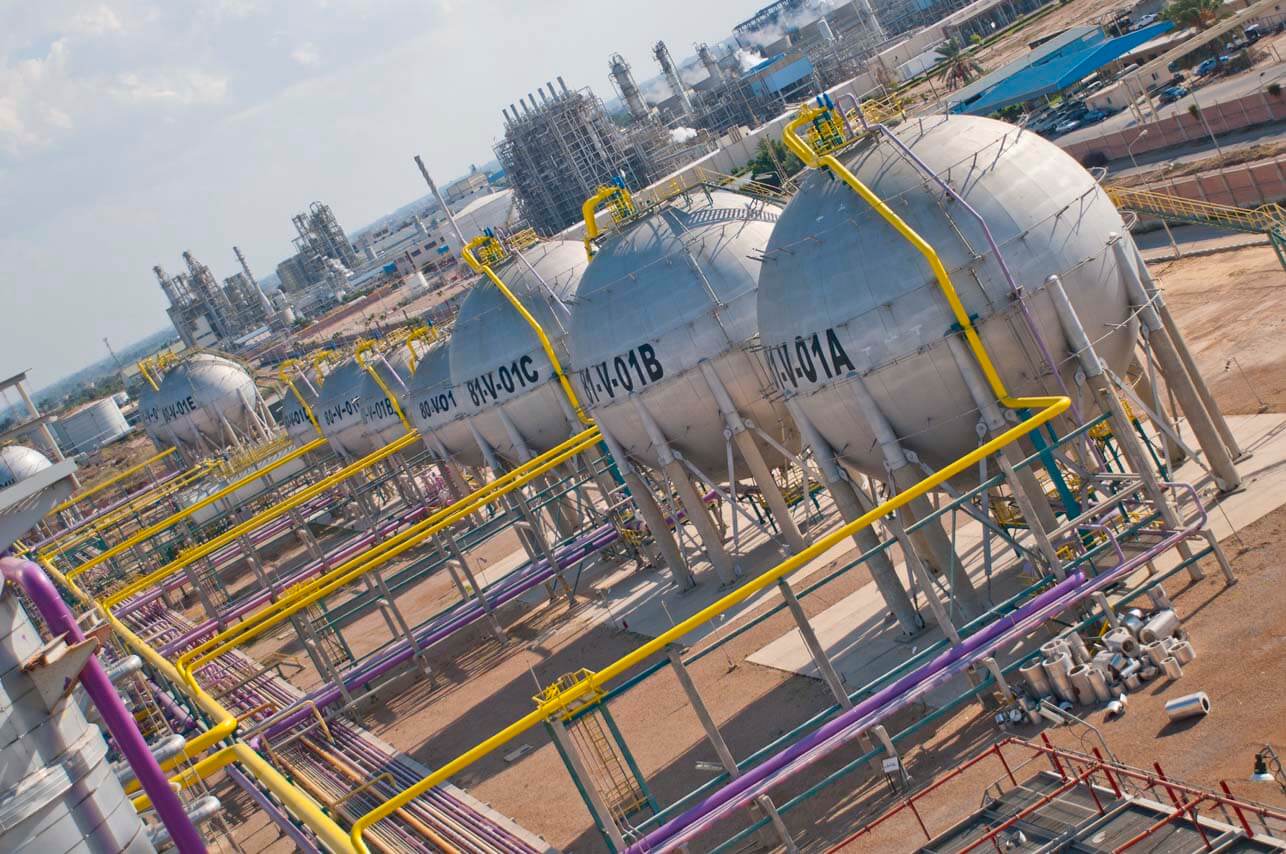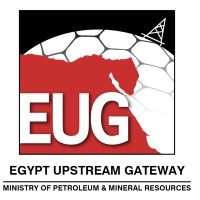

Operation and Networks
The main Objective for the Operation and Network department is setting strategic plans for handling natural gas operations, aiming at securing gas for local market, exploring viable opportunities for maximizing the natural gas added value, applying the optimum standards for energy efficiency and utilizing the existing infrastructure (Pipeline/LNG facilities) to support Egypt vision to be a regional gas hub.
This objective is achieved through a number of activities/responsibilities as developing short-term and long-term strategic plans for production rates from processing facilities (gas and derivatives), delivering quantities of sales gas to the national grid and expected gas consumption rates by various sectors. To ensure that all strategic plans are aligned with Egypt National Energy Strategies and energy efficiency measures that secure the strategic needs of natural gas for all consuming sectors.
- Manage all contractual arrangements/obligations for import and export of Natural gas, LNG and commercial propane and Participate in preparing tender packages and evaluating received bids for exporting and importing LNG cargos.
- Developing action plans of Egypt's Hub strategy by capitalizing on the existing export facilities and pipelines including all negotiations and discussions with stakeholders.
- Execute all required tasks within EGAS’s role in accordance with the legal and regulatory framework of the gas market, ensuring compliance with the provisions set forth in the codes and regulatory frameworks issued by the Gas Market Regulatory Authority, in coordination with the company’s legal departments and administrative units.
- Oversee the preparation and updating of technical, economic, and marketing plans, as well as gas pricing studies related to the liberalizing the gas market, in coordination with the Ministry of Petroleum and the Gas Market Regulatory Authority. Additionally, participate in the formulation of long-term, medium-term, and short-term strategies and plans for EGAS’s market positioning and the optimal utilization of gas networks, liquefaction facilities, and regasification infrastructure to support EGAS’s evolution into a regional gas trading hub..
- Update and analyze the natural gas operations database, and monitoring the industry global trends to identify challenges that may face the Egyptian energy sector, identifying new opportunities that could be benefit our sector.

